Embodied
Carbon
Curriculum
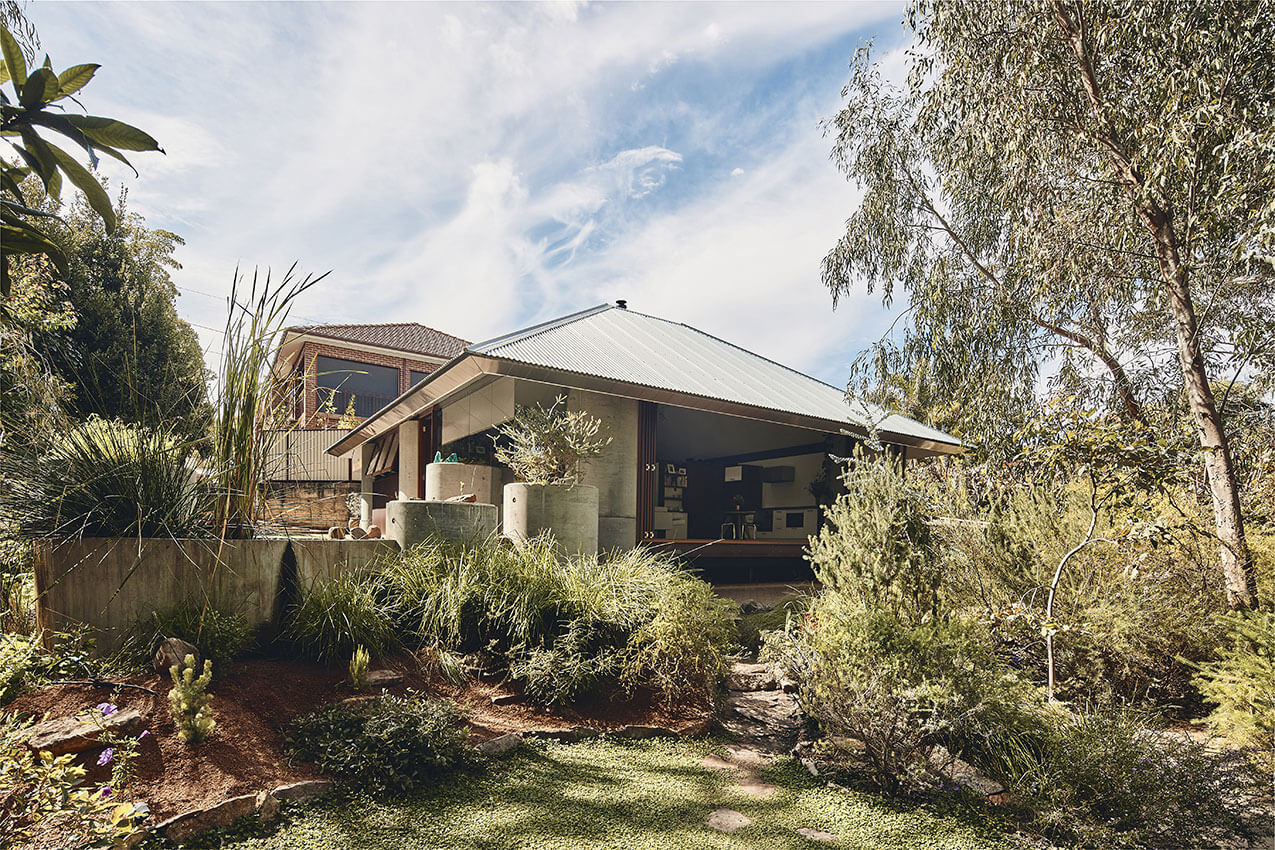
The Topic
CARBON TARGETS
The Institute is actively supporting efforts to establish firm carbon targets for the built environment.
In 2022, the National Council adopted targets for transitioning to net zero, encompassing operational and embodied carbon. The ultimate goal is to lead in designing for net zero, whole-of-life carbon by 2040.
To achieve this, the Institute urges energy, building and planning ministers to adopt a new national policy for the built environment, including targets such as:
- net zero operational carbon for new buildings by 2030
- mandatory embodied emissions measurement reporting by 2025.
Additionally, the Institute supports international initiatives to limit global temperature rise to 1.5°C, advocating for measures like eliminating natural gas use in new buildings by 2025 and retrofitting existing buildings for clean energy by 2040.
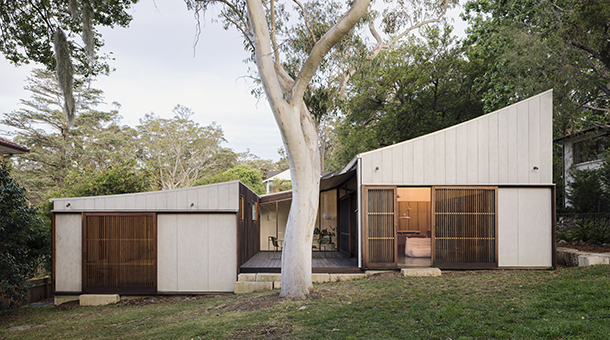
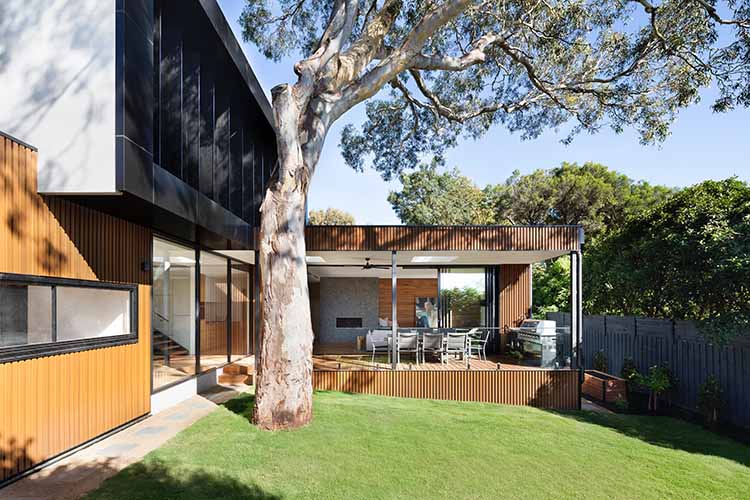
The Carbon Curriculum
Collaborating with the Department of Climate Change, Energy, the Environment, and Water, the Institute has introduced the Embodied Carbon Curriculum, a crucial step in educating the profession.
In 2024, the National Climate Action Sustainability Committee presented expanded targets to the National Council, including milestones for the National Construction Code up to 2040.
By mid-2024, a draft roadmap will be developed to guide the profession towards meeting these targets, fostering further education and capacity building. Explore more on carbon education, policy, and advocacy through the Climate Action Central Resource.
EMBODIED CARBON TOOLKIT
Authors
The Embodied Carbon Curriculum was funded by the Australian Federal Government Department of Climate Change, Environment, Energy and Water (DCCEEW) in 2023 and authored by:
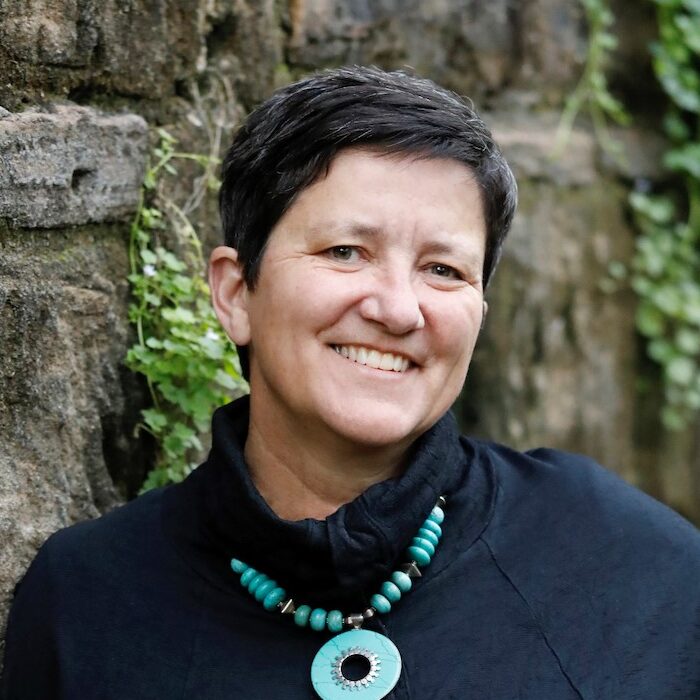

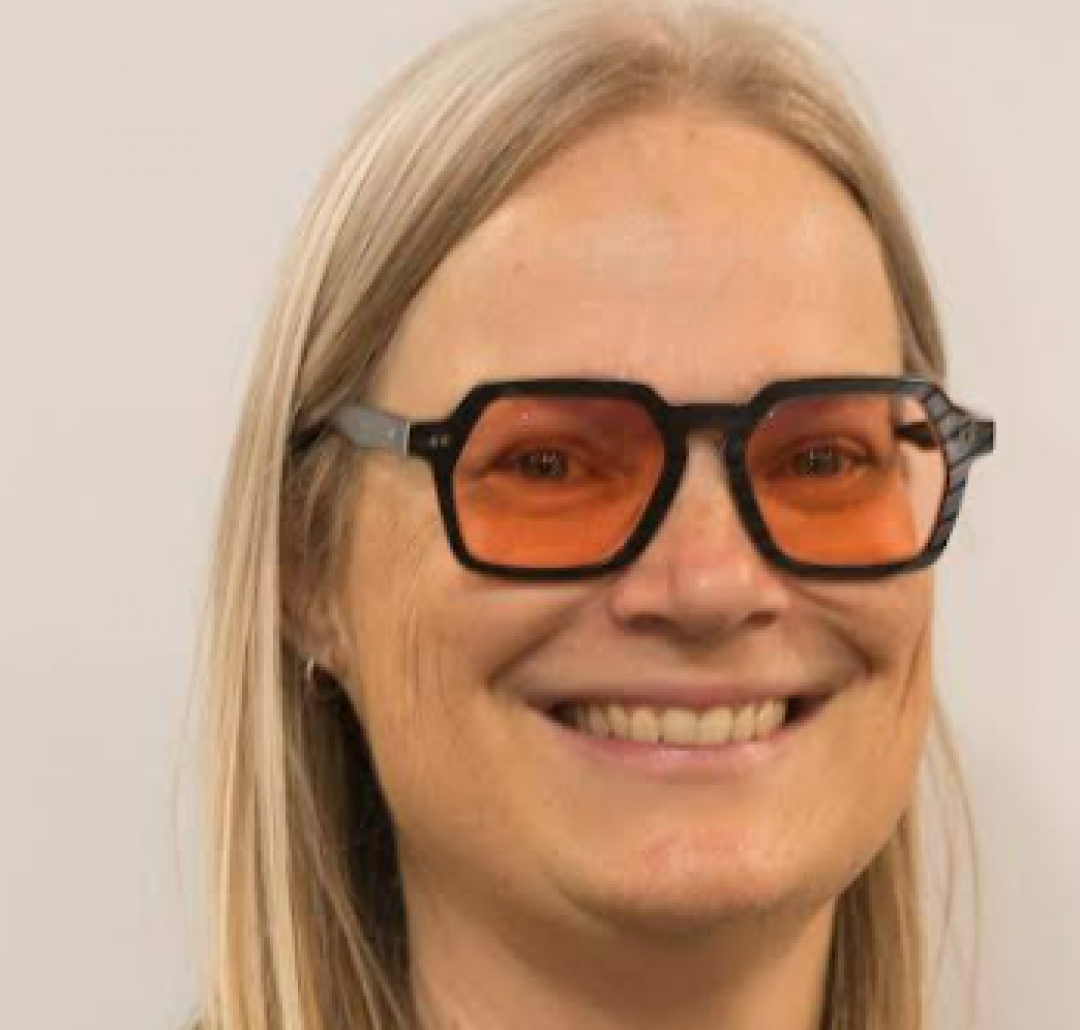
Caroline Pidcock LFRAIA
BSc (Arch), B Arch (Hons)
NSW Reg No 5946
Amanda Sturgeon
BSc (Arch), M Arch
Power of Leadership
Dr Dominique Hes
BSc, Grad Dip Eng
PhD Arch
Cert Gov
Contributors
As part of the work undertaken in writing the curriculum, the authors engaged with a number of industry stakeholders that are currently involved in the development of standards, tools and delivering capacity building education.
The authors would like to thank the following contributors:
- Mitch Tobin: DCCEEW
- Suzanne Lavender: DCCEEW
- Felicity Wybrew: DCCEEW
- Davina Rooney, CEO Green Building Council of Australia
- Jorge Chapa, Chief Impact Officer Green Building Council of Australia
- Carlos Flores: NABERS
- Monica Richter: MELCA
- Dr Phil Oldfield: University of New South Wales
- Paul Reidy: Fitzpatrick and Partners
- Andy Marlow and Talina Edwards: Envirotecture
Lead our industry in Embodied carbon by completing the curriculum
ACCESS THE EMBODIED CARBON CURRICULUM (INFORMAL CPD) FOR FREE
The curriculum consists of 3 Activity modules, (Module 1 A-C, Module 2A-C and Module 3A-B) each with activity sheets that require completion There are 2 presentation videos complete with slides.
In total the curriculum takes around 5 hours to complete.
Please note, the content is the same for both the formal and informal course but the formal CPD contains an assessment component.
Registrants will receive either 5 formal (paid course) or Informal (free course) CPD points – and be placed to lead our industry on embodied carbon.
Informal CPD is being offered to members, affiliates and other interested designers free of charge.
THE EMBODIED CARBON ROADMAP
5 STEPS FOR ARCHITECTS TO ADDRESS EMBODIED CARBON
The following five steps have been identified to help architects find their own way to embrace embodied carbon in their work as a creative opportunity while rapidly reducing emissions. The aligned step in the 5 steps roadmap is identified within the curriculum modules.
All these steps are supported with the tool kit, with resources, links, and high-level information that will underpin the curriculum, which will go into more depth building the capacity to implement these steps.

COMPETENCY, LEARNING OUTCOMES & RESOURCES
How does this curriculum align with existing Institute CPD and Acumen Environmental Advisory Notes?
This curriculum is delivered in compliment existing Acumen, CPD and education work including:
- The existing 7-part Zero Carbon Series on offer with the Institute. The previous 7-part series was run in Western Australia and focused on the overarching economic knowledge for Whole of Life Carbon. With modules one to six on Operational Carbon. Module 7 looked at Embodied Carbon and optimising the structural grid as a major factor in reducing upfront carbon.
- Acumen guidance notes including: Philip Oldfield, Acumen Environment Note: Embodied carbon in buildings (acumen.com.au)
- Member Lean-In: Embodied Carbon – Developments & Resources (youtube.com)
- Refuel: ‘Designing out carbon‘ event January 2024: speakers Dominique Hes, Caroline Pidcock and James Elks (NABERS) discuss the journey the industry is on.
What are the general learning objectives?
Create the capacity to work on this as a practice to support your team to embrace the potential of this for improved outcomes through a building, with the ability to:
- Understand the fundamentals of embodied carbon – explain the distinction between energy savings, energy use, carbon emissions and embodied carbon across a building’s life.
- Understand the issues, current limitations and future trends of embodied carbon, data, and whole of life building optimisation
- Know how to access the tools that can support the technical and design practice understanding and application of embodied carbon strategies – NABERS, Green Star, LCA, EPD
- Be able to integrate the potential of addressing the issues of embodied carbon in practice
- Skills to be able to use design strategies to minimise the whole of life carbon impact of a project.
Resources Provided
- The Embodied Carbon Toolkit
- The Embodied Carbon Roadmap
- Recordings of modules
- Online Outline of Curriculum and self paced run-sheet
- Online Activity Sheets
- Online Quizzes
- Acronyms and Terminology
Critical Reading
- Philip Oldfield, Acumen Environment Note: Embodied carbon in buildings (Acumen resource)
- Member Lean-In: Embodied Carbon – Developments & Resources (youtube.com)
Structure
- Slides
- Activities
- Case Studies
- Quiz
- Practicing using tools and data
Objectives
- Fundamentals
- Limitations
- Tools
- Implications on practice
- Minimisation design strategies
Modules
- 1A – Why – Sample video available
- 1B – Terms – Sample video available
- 1C – Measuring
- 2A – Calculating
- 2B – Case studies
- 2C – Improving
- 3A – Practice
- 3B – Innovation
National Standards of Competency for Architecture (NSCA)
This curriculum is currently being edited and mapped to the NSCA for Institute members. Please visit the Learning portal to review the individual NSCA competencies.
Cost
The Institute’s CPD portal hosts the full package of Curriculum content for both member and non-member access.
free offer for the InFormal CPD curriculum
This Informal CPD course is being offered to members, affiliates and other interested designers free of charge.
The Formal CPD hosts the same content but contains an assessment option and is available for $249 (Member) and $374 (Non Member)
